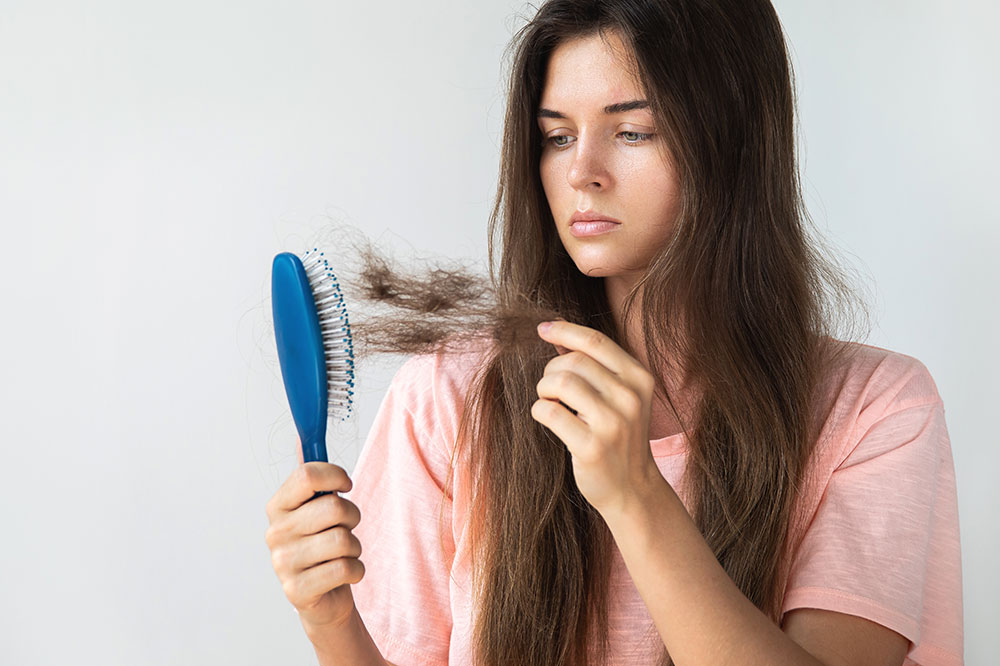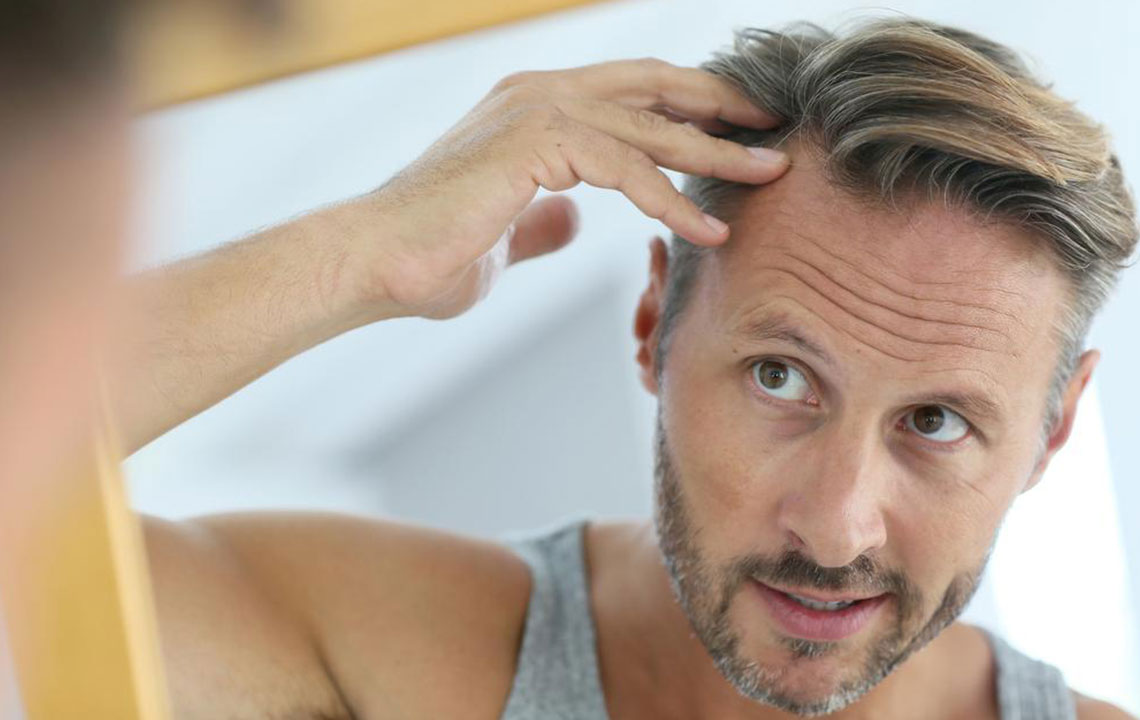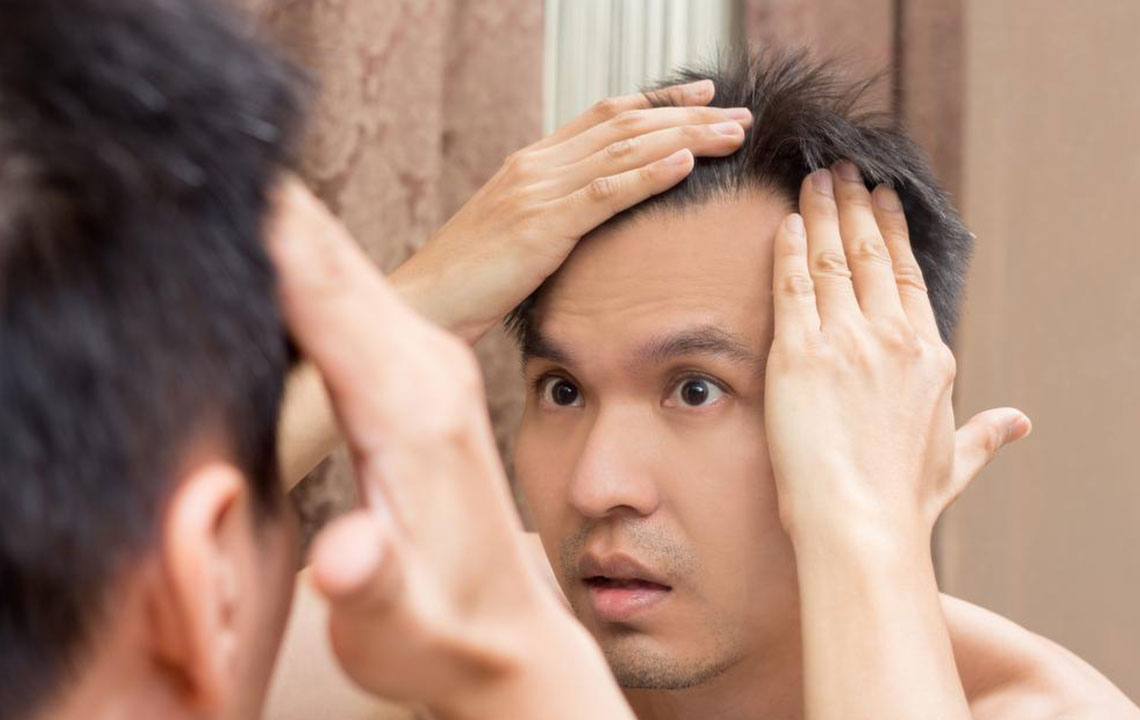Proven Methods to Minimize Hair Loss
Discover effective strategies to combat hair thinning, including managing stress, maintaining a balanced diet, adopting gentle hair care routines, and considering supplements. These tips help promote healthier hair growth and reduce excessive shedding. Always seek medical advice for persistent hair loss issues.

Hair thinning is a common process where old strands are replaced by new growth. Losing a few hairs daily is normal and often unnoticed. However, sudden or excessive shedding can cause visible thinning, affecting people of all ages. While complete prevention may not be feasible, adopting certain strategies can help slow the thinning process and reduce hair fall.
Reduce Stress Levels
Elevated stress can upset hormonal balance, hindering hair follicle regeneration. Engage in activities like exercise, proper nutrition, hydration, and relaxation techniques to manage stress. Avoid smoking and excessive alcohol intake, and pursue calming hobbies such as reading, sports, or travel to promote healthier hair.
Maintain a Nutritious Diet
Good nutrition is essential for healthy hair, which is primarily composed of keratin, a protein. Include protein-rich foods like eggs, nuts, fish, poultry, and dairy in your diet. Foods high in Vitamin A help produce sebum and support scalp health, reducing hair fall. A nutrient-rich diet encourages stronger, thicker hair growth.
Modify Hair Care Routines
Gentle hair care minimizes damage. Use mild, natural shampoos, avoid over-washing, and limit exposure to styling tools and harsh chemicals. Regularly oil hair with natural oils such as coconut or olive oil to protect against environmental damage. Avoid tight hairstyles and chemical treatments like coloring, perms, or straightening, as they can weaken hair strands. When styling or coloring, choose organic, chemical-free products whenever possible.
Use Hair Supplements Wisely
Supplements can help fill nutritional gaps that affect hair health. Key vitamins and minerals include Vitamins A, B-complex, C, D, zinc, iron, and selenium. Consult a healthcare provider to determine appropriate dosages, especially for Biotin, which is known to support hair growth. Use supplements under medical supervision if hair thinning is severe.
Important:
The content here is for informational purposes only and does not replace professional medical advice. Always consult a healthcare professional for diagnosis and treatment related to hair loss.


